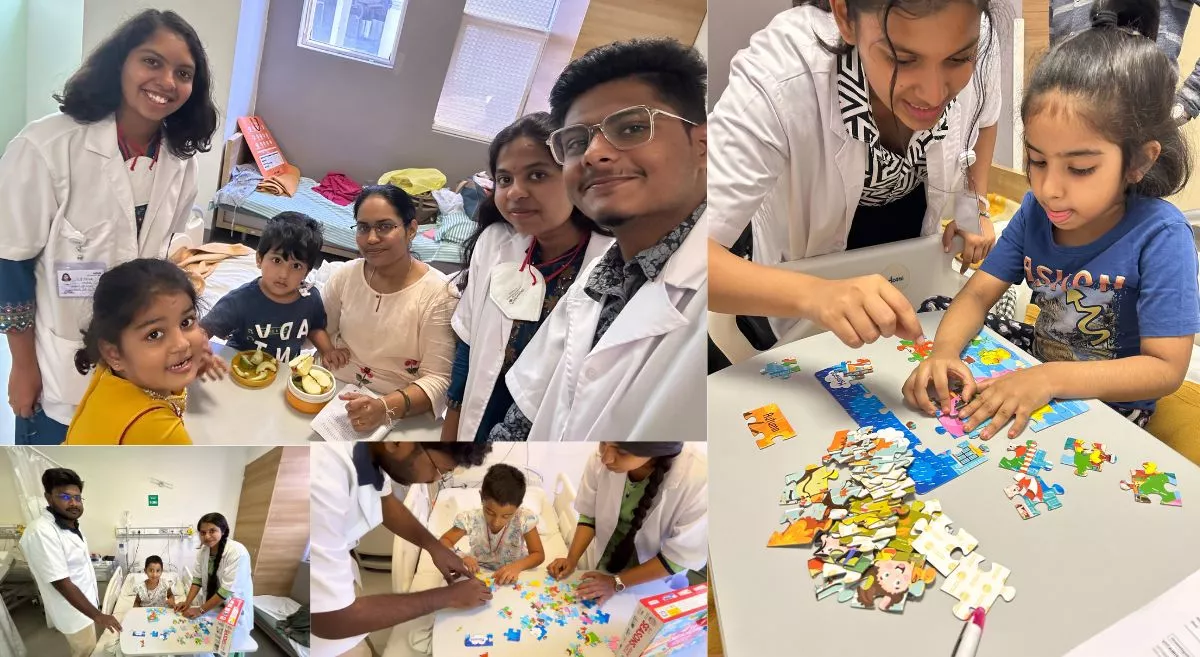Cancer brings not only physical challenges but also a significant emotional toll on patients and their families. Understanding and addressing these emotional challenges is crucial for navigating this difficult journey.
The title, "Navigating the Emotional Storm: Tips for Patients and Families Coping with Cancer," paints a clear picture of the rollercoaster of emotions a cancer diagnosis can trigger. This blog post serves as a guide, offering practical advice and support for both patients and their families as they weather this challenging experience. It delves into strategies for managing the surge of emotions – fear, anxiety, and uncertainty – that often accompany a cancer diagnosis.
Understanding the Emotional Impact of Cancer
For Patients:
1. Initial Shock and Denial: The moment of receiving a cancer diagnosis is often surreal and overwhelming. Many patients experience an immediate sense of disbelief, finding it hard to accept the reality of their situation. This initial shock can be a protective mechanism, allowing time to process the life-changing news gradually.
2. Fear and Anxiety: After the initial shock subsides, fear and anxiety typically set in, focusing on concerns about the treatment process, potential side effects, and the overall prognosis. Patients worry about how cancer will affect their future, their ability to work, their relationships, and their quality of life, leading to significant emotional distress.
3. Depression and Hopelessness: As the reality of the illness settles in, some patients may experience deep sadness and a sense of hopelessness. This can manifest as a loss of interest in activities they once enjoyed, withdrawal from social interactions, and a pervasive feeling of despair about the future. Patients need to recognize these feelings and seek support.
4. Anger and Frustration: Feelings of anger and frustration are common as patients grapple with the unfairness of their diagnosis and the disruption it causes in their lives. They may feel angry about the loss of control over their health and daily routine, or frustrated by the limitations imposed by their illness and treatment. Acknowledging these emotions is a crucial step towards finding ways to cope with them constructively.
For Families:
1. Fear for the Patient’s Well-being: Families often experience intense anxiety regarding the patient's health, constantly worrying about the effectiveness of treatments and the possibility of recovery. This fear can be all-consuming, leading to sleepless nights and heightened stress levels as they anxiously monitor every change in the patient's condition, hoping for positive signs.
2. Emotional Overload: Supporting a loved one with cancer can be emotionally exhausting, as family members try to balance providing care with managing their own personal and professional responsibilities. This juggling act often leads to feelings of being overwhelmed, where the emotional demands of caregiving can overshadow their own needs, resulting in burnout and emotional fatigue.
3. Guilt and Helplessness: Family members frequently struggle with feelings of guilt, believing they should be doing more to help the patient. This sense of helplessness is exacerbated by the realization that, despite their best efforts, they cannot change the patient's diagnosis or alleviate their suffering. These feelings can lead to frustration and emotional distress, emphasizing the need for family members to seek support and acknowledge their limitations.
Tips for Patients and Families
For Patients:
1. Seek Professional Support: Engaging with psychologists, counselors, or specialized support groups can provide a safe space to express feelings and concerns. These professionals offer coping strategies tailored to the emotional challenges of cancer, helping patients process their experiences and reduce feelings of isolation.
2. Communicate Openly: Sharing emotions with trusted family and friends can alleviate the burden of keeping feelings bottled up. Open communication fosters a supportive environment where patients feel understood and less alone in their journey, strengthening their emotional resilience.
3. Stay Informed: Understanding the specifics of the illness and available treatment options can significantly reduce anxiety and fear of the unknown. Being well-informed empowers patients to make educated decisions about their care, fostering a sense of control and confidence.
4. Practice Self-Care: Engaging in activities that promote relaxation, such as meditation, gentle exercise, and hobbies, can improve mental well-being. These practices help patients manage stress, maintain a positive outlook, and enhance their overall quality of life during treatment.
5. Accept Help: Allowing others to assist with daily tasks and support needs can relieve stress and prevent burnout. Accepting help from loved ones and caregivers ensures that patients can focus on their health and recovery without feeling overwhelmed by everyday responsibilities.
6. Maintain Routine: Keeping a sense of normalcy by adhering to regular routines as much as possible can provide stability and comfort. Maintaining familiar activities and schedules helps patients feel more grounded and in control amidst the changes brought by their diagnosis.
7. Focus on Control: Identifying areas where patients can have control, such as dietary choices and participation in treatment decisions, can be empowering. Focusing on these aspects can enhance a patient’s sense of agency and positively impact their mental and emotional well-being.
For Families:
1. Educate Yourself: Learning about the patient’s cancer type and treatment can provide a clearer understanding of their journey. This knowledge helps families better support their loved ones, address concerns knowledgeably, and anticipate potential challenges.
2. Offer Practical Support: Helping with household chores, transportation to appointments, and managing medical care can alleviate the patient's stress. Practical support allows patients to focus on their recovery without the added burden of daily tasks, enhancing their overall well-being.
3. Be Present and Listen: Sometimes, being there and offering a listening ear is more valuable than trying to solve problems. Providing a non-judgmental space for patients to express their feelings can foster emotional connection and reduce feelings of isolation.
4. Take Care of Yourself: Ensuring you also take time for self-care is crucial to prevent burnout and maintain your well-being. Caring for yourself enables you to be a more effective and empathetic support for your loved one, sustaining your health and resilience.
5. Encourage Professional Help: Suggesting that the patient seek professional emotional support, such as counseling, can provide additional resources for coping. Professional guidance can address complex emotions and offer therapeutic strategies tailored to the cancer experience.
6. Facilitate Communication: Helping the patient communicate with their healthcare team and family members about their needs and feelings can improve understanding and support. Effective communication ensures that the patient's concerns are heard and addressed appropriately.
7. Create a Support Network: Connecting with other families going through similar experiences can provide mutual support and understanding. Building a network of support can offer shared experiences, advice, and emotional solidarity, helping families navigate their journey together.
Resources
1. Support Groups: Many organizations offer support groups where patients and families can share experiences and advice. These groups provide a sense of community and understanding, helping individuals feel less isolated.
2. Counseling Services: Individual or family counseling can be beneficial in addressing emotional and psychological challenges. Professional counselors offer strategies to cope with stress, anxiety, and depression, promoting emotional health.
3. Hotlines and Online Support: Many cancer organizations provide hotlines and online forums for immediate support and information. These resources are accessible and can offer guidance, answers to urgent questions, and emotional support.
4. Educational Materials: Books, pamphlets, and reputable online resources about coping with cancer provide valuable information. These materials can educate patients and families about the disease, treatment options, and coping strategies, empowering them to face the journey with knowledge and confidence.
Notable Organizations
1. American Cancer Society (ACS): Offers extensive resources for patients and families.
2. Cancer Care: Provides free professional support services and information.
3. National Cancer Institute (NCI): Offers comprehensive information on cancer types, treatments, and coping strategies.
4. Cancer Support Community: Provides social and emotional support for cancer patients and their family
Conclusion
Coping with the emotional challenges of cancer requires a multifaceted approach involving open communication, professional support, self-care, and practical assistance. The four pillars of health – sleep, food, exercise and mindfulness will take stand only on the foundation of a strong relationship with open communication. By leveraging the available resources and strategies, both patients and their families can navigate the emotional complexities of cancer more effectively. Remember, you are not alone in this journey. Letting emotions flow, communicating openly and asking for help is a sign of strength, not weakness.










